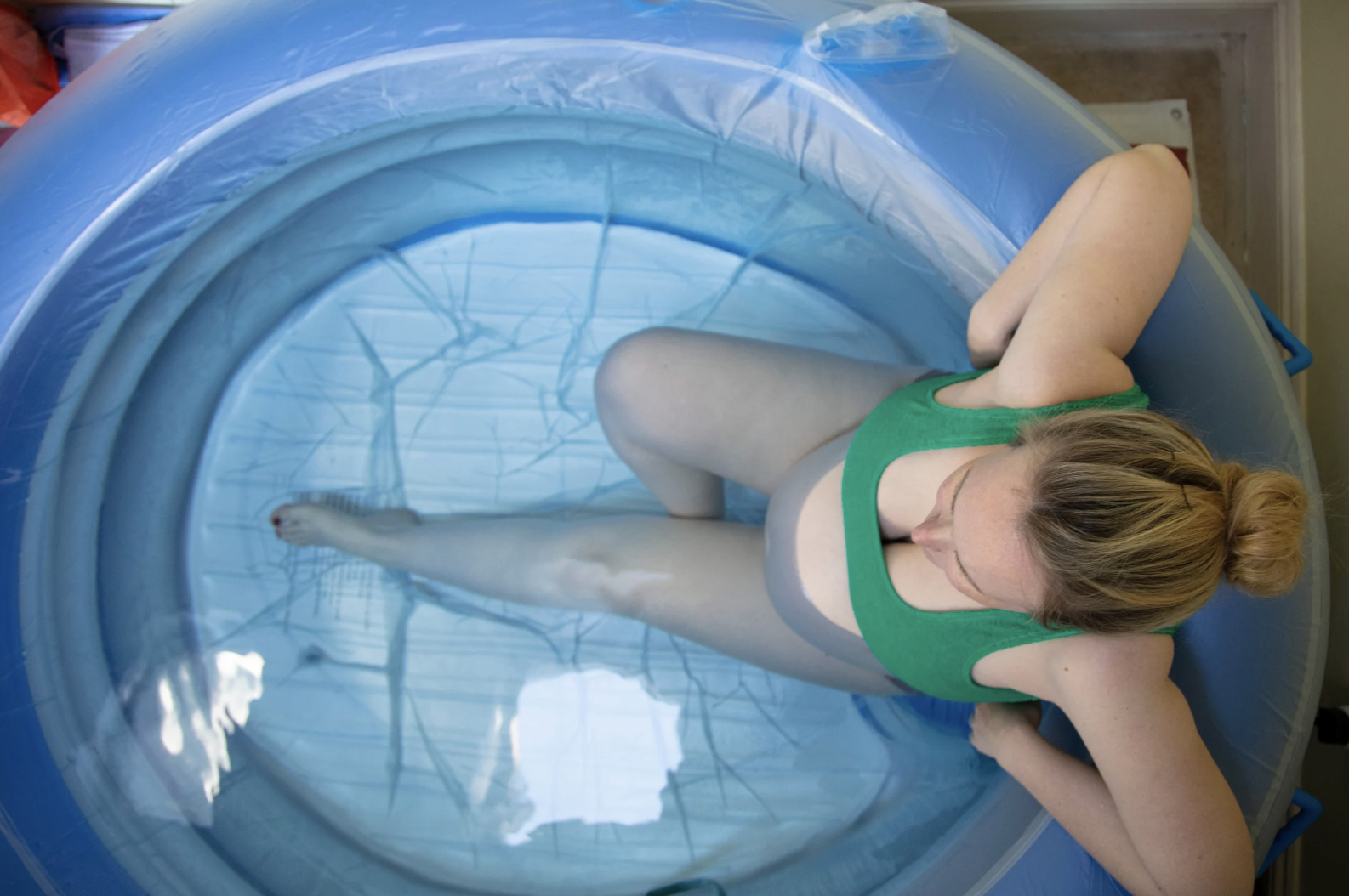Carole Falletta, MS, MA, PMHNP-BC, FNP-BC, RNC-EFM, IBCLC, LCCE Carole is a nurse practitioner with over 30 years of experience in nursing, specializing in women's health, newborn care, and reproductive and postpartum mental health. Actively practicing in healthcare, she supports women and families during the perinatal journey through compassionate, evidence-based care. A dual board-certified nurse practitioner in psychiatric and family health, Carole is also an International Board-Certified Lactation Consultant (IBCLC) and Lamaze Certified Childbirth Educator, combining her clinical expertise and passion for education to empower mothers and babies.
Modern women are strong, capable, independent—and many of us pride ourselves on doing it all. We’re used to managing our schedules, handling responsibilities, solving problems, and being the one others rely on. But when you become a mother, something shifts. Suddenly, you’re the one who needs care, rest, and support. And for many new moms, that’s an incredibly uncomfortable place to be.
If you’re someone who finds it hard to ask for help—or even harder to accept it—this blog is for you. Because letting others do for you isn’t weakness—it’s wisdom. And it can be one of the most emotionally healing choices you make in your motherhood journey.

The Independence Trap
Let’s be real: many of us have spent years becoming self-sufficient. We’re proud of our ability to juggle work, relationships, home life, and everything in between. So when we become mothers, it can feel jarring to suddenly be vulnerable, unsure, and in need of support.
But here’s the truth: motherhood isn’t a solo act. It’s an experience that calls for community, compassion, and yes—help.
Still, it’s common to think:
- “I should be able to handle this.”
- “If I need help, I must not be doing a good job.”
- “It’s easier to just do it myself.”
- “I don’t want to be a burden.”
Sound familiar? If so, you’re not alone. And it might be time to gently challenge those beliefs—for your own emotional health.
Why It’s Hard to Let Go
There are real, emotional reasons why many modern mothers struggle to accept help:
- Control feels safer. When everything else feels new and unpredictable, doing things your way gives you a sense of stability.
- Asking for help feels vulnerable. You may worry it makes you look weak, or that others will judge you.
- You don’t want to inconvenience anyone. You’d rather just push through than feel like you’re taking up space.
- You’ve always been the caregiver. Switching roles and letting someone else care for you can feel foreign—even uncomfortable.
But here’s something worth remembering: being cared for is part of being human. It’s not about giving up your strength—it’s about letting that strength evolve into something sustainable.
The Emotional Cost of Doing It All

When you push through everything on your own, the emotional weight builds up. The result?
- Burnout
- Resentment
- Exhaustion
- Disconnection from your baby, your partner, or even yourself
You might start to feel like you’re going through the motions instead of truly living the experience of motherhood. And the longer you carry it all alone, the heavier it gets.
Letting someone help—whether it’s making you a meal, watching the baby while you shower, folding laundry, or simply listening to you vent—can be a powerful act of emotional healing.
The Benefits of Letting Others Do for You

When you allow others to step in, you create space to:
- Rest and recover, physically and emotionally
- Replenish your energy, so you can be present for your baby
- Feel seen and supported, which is essential for emotional well-being
- Deepen your relationships, because accepting help builds connection
- Model healthy interdependence for your child—showing them it’s okay to receive care
You’re not just helping yourself—you’re shaping a healthier, more compassionate version of motherhood.
How to Start Letting Go (Without Losing Yourself)

If the idea of letting go still feels hard, start small.
- Say yes to simple things. Let someone drop off a meal, fold the laundry, or hold the baby while you nap.
- Practice receiving without guilt. Try saying, “Thank you, that helps so much,” instead of, “I feel bad making you do this.”
- Be honest with your circle. Let your partner or close friends know you’re trying to accept more support—and that it may take practice.
- Set boundaries, not barriers. Accepting help doesn’t mean giving up your values. You can still guide how things are done, while welcoming others in.
Letting go doesn’t mean letting everything go. It means releasing just enough to let others meet you where you are.
A New Kind of Strength
Accepting help is not the opposite of strength. It’s a different kind of strength—one rooted in self-awareness, trust, and humility.
You don’t have to do it all. You’re not supposed to. And needing support doesn’t make you any less capable—it makes you more human.
So let the neighbor bring you dinner. Let your partner rock the baby his way. Let your mom take over while you nap. Let the house be a little messy. Let go—just a little—and see how much lighter you feel.
You’ve got this. And you don’t have to do it alone.

Carole Falletta, MS, MA, PMHNP-BC, FNP-BC, RNC-EFM, IBCLC, LCCE Carole is a nurse practitioner with over 30 years of experience in nursing, specializing in women's health, newborn care, and reproductive and postpartum mental health. Actively practicing in healthcare, she supports women and families during the perinatal journey through compassionate, evidence-based care. A dual board-certified nurse practitioner in psychiatric and family health, Carole is also an International Board-Certified Lactation Consultant (IBCLC) and Lamaze Certified Childbirth Educator, combining her clinical expertise and passion for education to empower mothers and babies.




